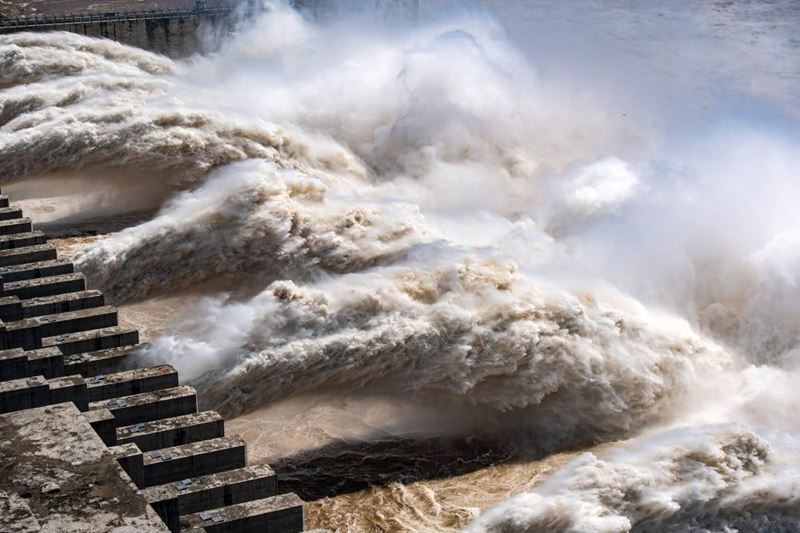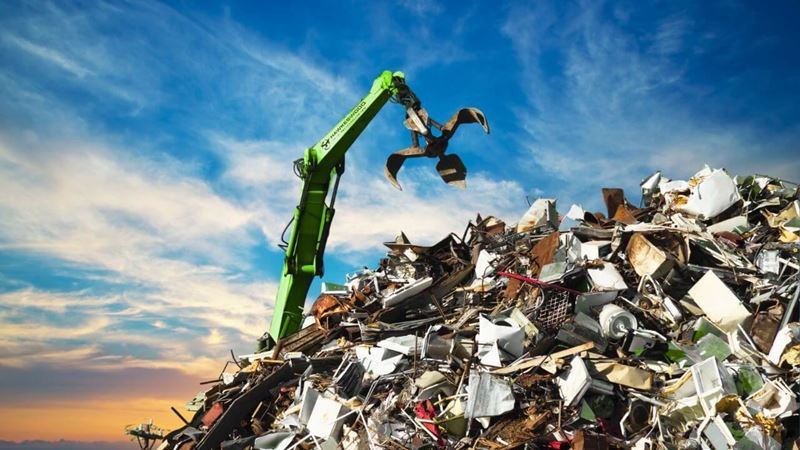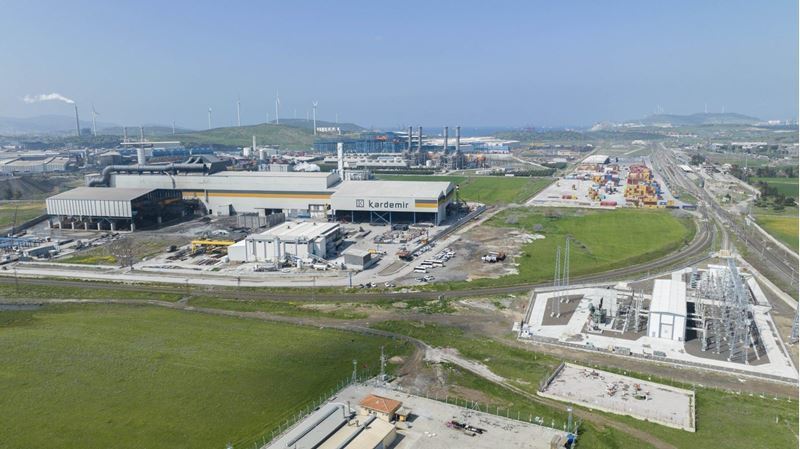The project, which is expected to be the world's largest hydroelectric power plant when completed, is being implemented as part of China's carbon neutrality goals and regional development plans.
Premier Li Qiang inaugurated the project at a groundbreaking ceremony in Nyingchi, southeastern Tibet, China's official news agency Xinhua reported. The project, which will cost around CNY 1.2 trillion (USD 167.1 billion), will be built on the Yarlung Zangbo, a tributary of the river in China, and will include five separate hydropower plants.
Located in the foothills of the Himalayas, this giant project is also on the waterway known as the Brahmaputra River in India and the Jamuna River in Bangladesh. Chinese officials have stated that most of the electricity generated by the dam will be transferred to other regions, while also meeting Tibet's local electricity needs.
Concerns about the project have been voiced by neighboring India. India's Ministry of External Affairs stated in January that it had conveyed its concerns to China about the project and would take the necessary steps to protect the country's interests. India pointed out that upstream activities should not undermine the interests of downstream states.
China's Foreign Ministry, on the other hand, stated in December that the dam would not have any negative impact on the lower reaches of the river and emphasized that communication with downstream countries would continue.
The mega project is seen as an important step in China's energy transition and infrastructure investments in Tibet. At the same time, it draws the attention of the international community as a factor that could increase regional tensions.











Comments
No comment yet.